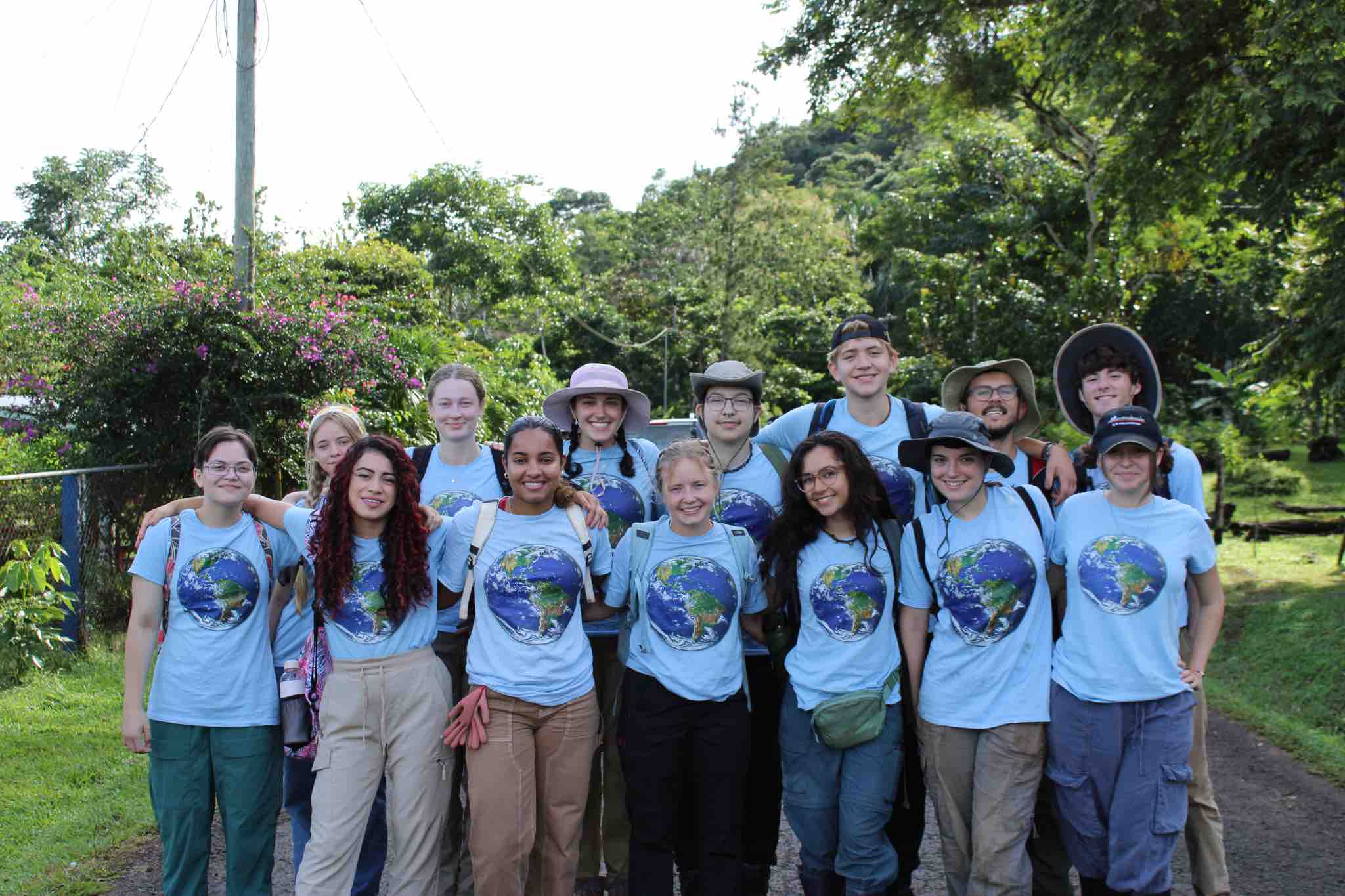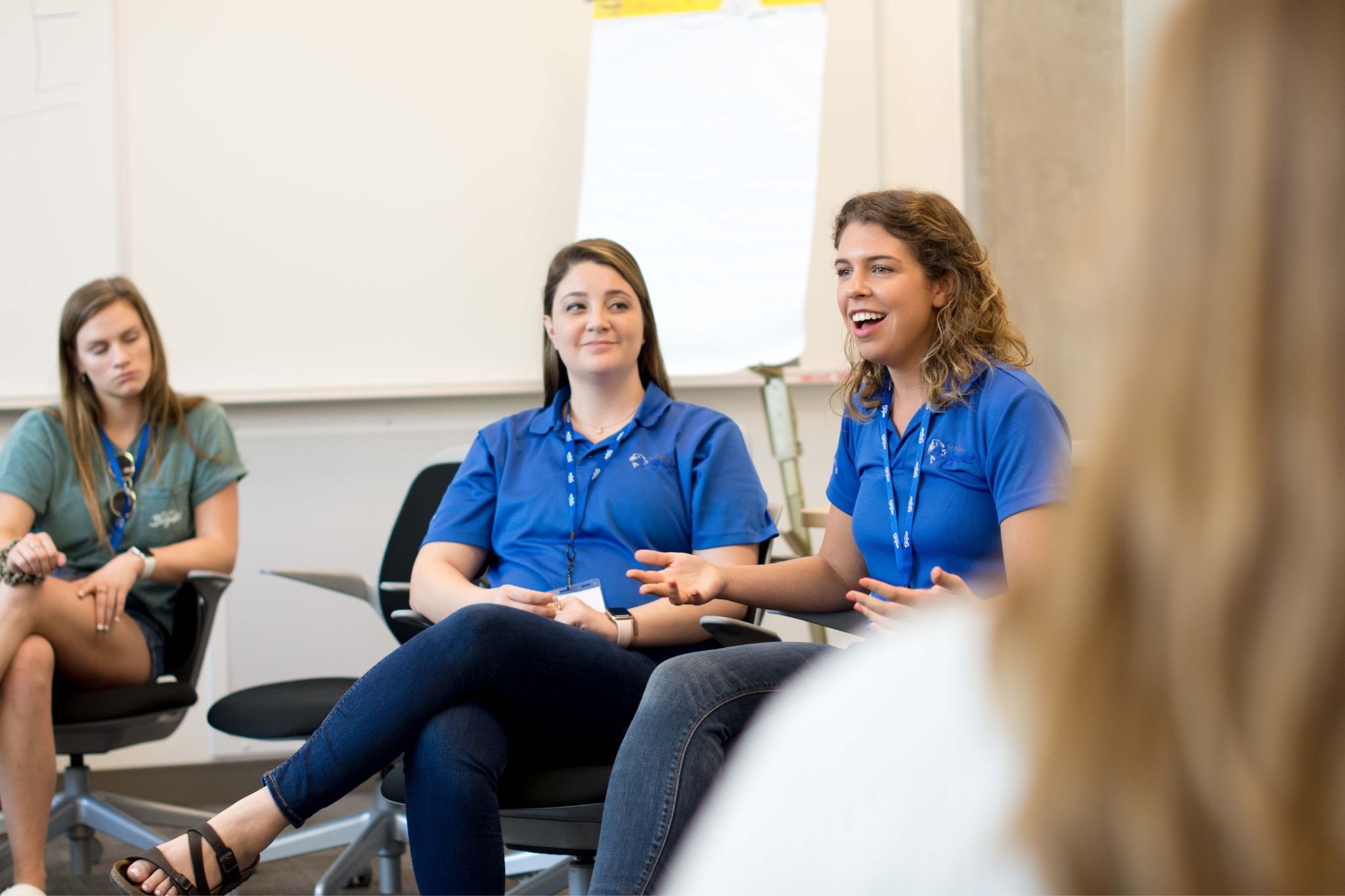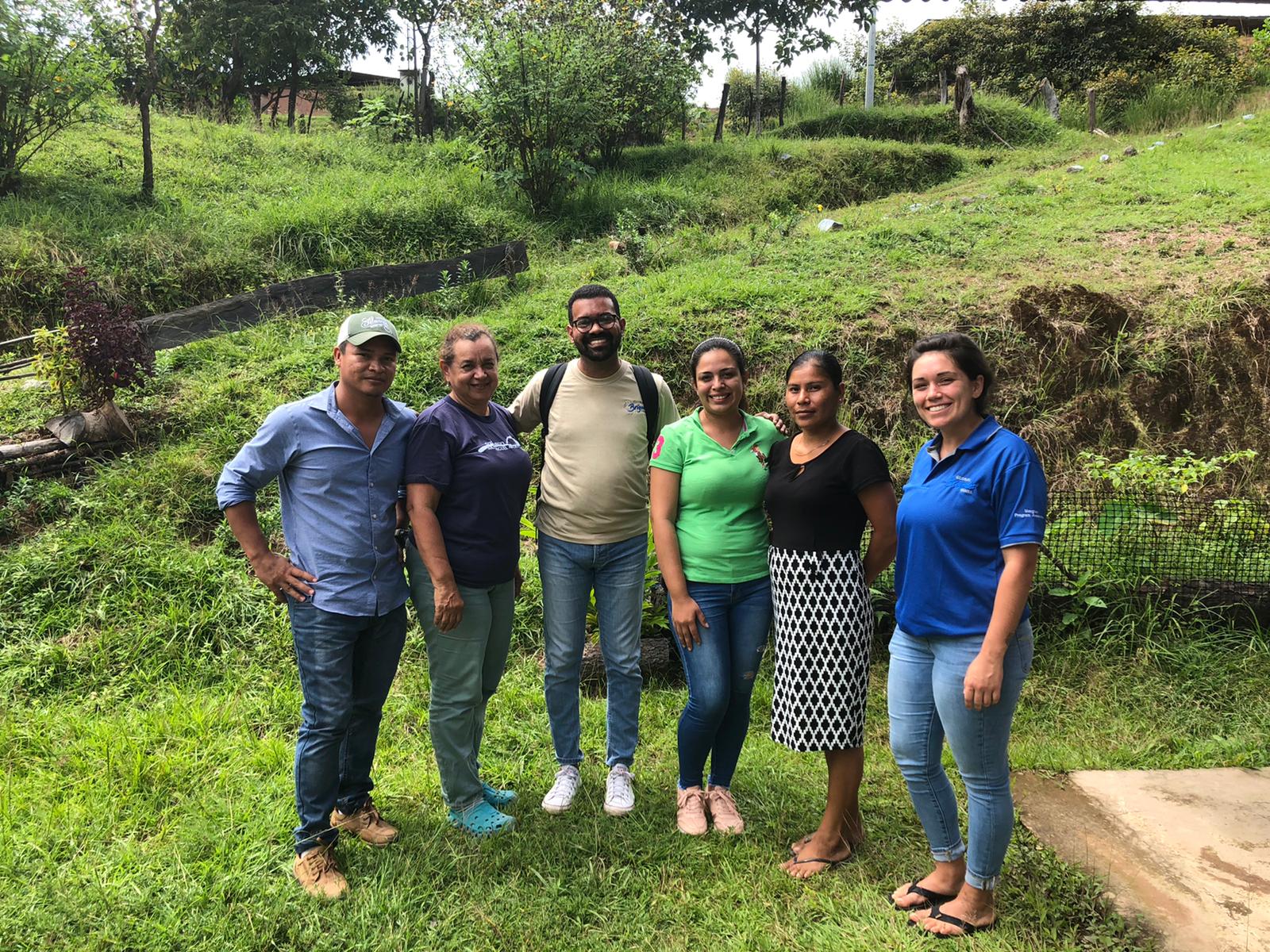Spending a gap year participating in a volunteer program abroad like Global Brigades is a great opportunity for personal growth, cultural immersion, and career insight. For our volunteers, it’s also a meaningful way to give back and positively impact our partner communities.
Although most Brigaders join a Chapter while in school, it’s absolutely possible to join a Brigade Chapter during a gap year (whether or not it’s with a university you previously attended). Whether you’re taking a break from your college studies or looking for a meaningful experience before starting your career, joining a Brigade can be a fulfilling, productive way to use that time.
Benefits
A gap year can happen for high school students just before college, during a student’s time at university, or the year after college graduation. Some students set aside time to travel or rest before starting a challenging point in their studies or career.
Spending some of that time volunteering with Global Brigades is very different from traveling abroad for pleasure.
While it can be fun and rewarding, you’ll be on the ground working with communities seeking to improve their access to healthcare, economic opportunity, and improved infrastructure. It’s bigger than taking a long vacation, signing up for Study Abroad Programs, or even most service projects.
Our goal is to put sustainable systems in place to empower communities we’re in partnerships with, not to build a reliance on a nonprofit organization for support. Student volunteers are an important piece of that.
Student volunteers work alongside our staff to build and grow these systems. The result is a lesson in the power of the collective over any one individual.
Filling some of your gap year with Global Brigades offers enriching benefits, particularly for pre-med students:
- Hands-on Medical Experience: Participants assist in supporting mobile clinics in our partner communities. This is direct exposure to clinical work and patient interaction, sharpening medical knowledge and practical skills beyond classroom learning.
- Global Health Awareness: Exposure to healthcare challenges enhances awareness of global health disparities. It helps students understand the complexities of healthcare access, preparing them for careers in global health or public health advocacy.
- Leadership and Teamwork Skills: Global Brigades emphasizes collaborative work, with many opportunities for leadership roles within a team. The experience hones skills like creative problem-solving that translate back to academic and work experience.
- Cultural Competency: Cultural immersion helps young adults develop empathy and communication skills. Interacting with diverse populations fosters a deeper understanding of cultural sensitivity, which is especially important in the healthcare field.
- Language Immersion: Some of our programs offer the opportunity to practice your language skills. If Spanish is your focus, you may be interested in programs in Central American countries like Guatemala or Panama.
- Personal Growth: Volunteer opportunities abroad support introspection and personal growth for gap year students. Brigades foster resilience, adaptability, and a deeper sense of purpose, helping students clarify their career motivations or priorities.
Global Brigades volunteers are an essential part of our efforts to create sustainable healthcare systems in our partner communities. Use your gap year to support our work.
Potential Drawbacks
Since a Brigade only lasts between 7-9 days, drawbacks to participation are minimal. There are some things to consider with a full gap year, though. Those include:
- Financial Burden: A gap year can be costly. If you’re spending it abroad, travel can be pricey. Without structured income or the support of university financial aid, managing personal finances during this time can be challenging, and you may incur additional debt.
- Academic Momentum Loss: Gap year experiences typically don’t result in college credit. It can be hard to come back to a structured academic environment after time away. That’s especially true if what awaits you on the other side is an intense academic workload.
- Delayed Career Progression: Taking a gap year can postpone academic progress. For pre-med students who are otherwise on a traditional path, this can mean delayed entry into medical school or the workforce.
- Limited Impact: Not all gap years look the same. If your year away isn’t adding value to future academic or career prospects, it may be harder to explain when it’s time to work on resumes or higher education applications.
Gap year programs with purpose are exactly that: purposeful time away to grow as a person, learn new skills, and participate in something meaningful.
To explain a gap year on a resume or med school application, emphasize the skills and experiences you gained. Compare it to extracurriculars and volunteer work you’ve participated in while in school as a way to show that you’re a well-rounded individual.
Participating in Brigade placements can help. You can highlight hands-on clinical experience and physician shadowing with staff mentors who were part of that experience. It’s a unique opportunity for young people interested in global healthcare, experiential learning, and cultural exchange.
Frame your time on a Brigade as a period of professional growth that enhanced your understanding of global health and boosted your cultural competency. For pre-med students, you can also talk about how your time on a Brigade reinforced your commitment to healthcare.
Joining a Brigade During a Gap Year
Joining a Brigade during your gap year is a straightforward process. You can easily join a university’s upcoming Brigade, even if you’re not a full-time student there. There’s no need to find a local community Chapter. We suggest choosing a Brigade based on your preferred program and availability.
From there, our staff help you coordinate flights and prepare you to participate. This flexibility allows gap year volunteers to jump right in and gain valuable experience while contributing to meaningful projects in our partner communities.
Fundraising as an Independent Volunteer
All of our volunteers meet Donation Goals to participate in Brigades. These goals aren’t about “paying” for clinical experience or shadowing time. Your contributions support our long-term sustainability efforts and cover essential costs like travel, lodging, and emergency insurance.
Fundraising also supports necessary costs for operational expenses at our partner sites. By fundraising, you’re directly contributing to meaningful healthcare work in our partner communities, helping to ensure the continuity of our programs on the ground.
Although Brigade groups traditionally fundraise as a collective, as an independent volunteer, you can still meet your goal by sharing your MyBrigades fundraising page with your friends, family, and community members.
Our Brigade fundraising guide has more ideas, but anything that gets the word out about your plans to volunteer has the potential to become a donation source.
Making the Most of Your Gap Year
Joining a Brigade can be a rewarding and productive way to spend part of your gap year. You’ll leave with hands-on clinical experience, a stronger resume, and a better global perspective, all while making a real impact.
Brigades are also fun! You’ll meet like-minded peers, learn about a new culture, and grow on a personal level. It’s a good balance of meaningful work toward your intended career path and adventure during that in-between time.
Ready to partner with us and make the most of your planned gap year? Create more than memories by joining a Global Medical Brigade.
FAQs
How can I ensure my safety while participating in a Brigade or volunteer program during my gap year abroad?
The safety of volunteers is a top priority at Global Brigades. Ongoing safety measures include risk assessments, updated emergency protocols, and continuous monitoring of conditions in Program Countries. We don’t send volunteers to unsafe environments.
As far as what you can do on a Brigade to keep yourself safe, we recommend starting with understanding the risks of any travel. That includes exposure to infectious diseases, as well as food and waterborne illnesses.
The best way to prevent illness abroad is to get the required and recommended vaccinations, drink only water provided to you by Brigades staff, avoid risky food, and practice good hygiene. Keep your stress levels in check and try to get good rest to stay healthy during your time abroad.
Doctors and pharmacists are always on hand in case a situation arises where you need medical attention.
Does a gap year affect scholarships and financial aid?
The effects of your gap year on financial aid depend on the terms of your agreements. Generally, your gap year won’t affect your ability to apply for financial aid for college or medical school in the future. Note: This is not related to our Brigade Scholarships, which are internally offered by Global Brigades and not connected to your FAFSA.
You should be able to defer any merit-based scholarships, but private scholarships may only be guaranteed for the year they’re awarded. Need-based aid is tied to your (or your parents’) financial situation at the time. You’ll likely need to resubmit a FAFSA upon your return to school.
We always recommend talking to the financial aid advisor at your school about any changes to your enrollment. They’re the best resource for how your financial aid package may be affected.






.png)
